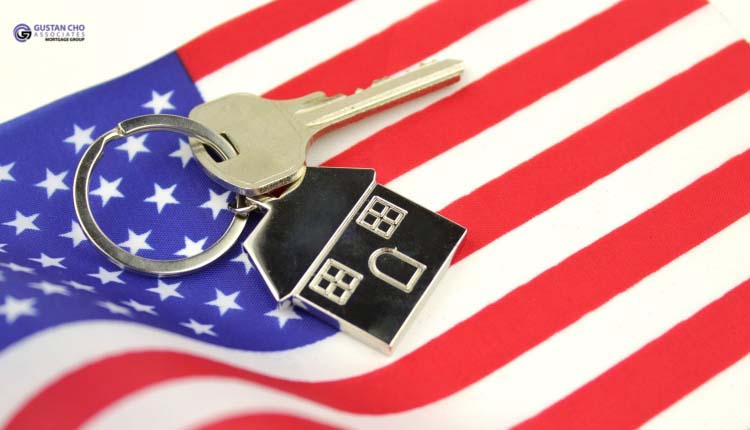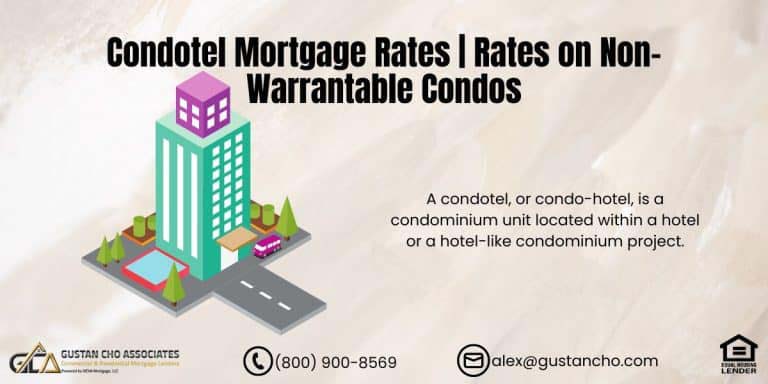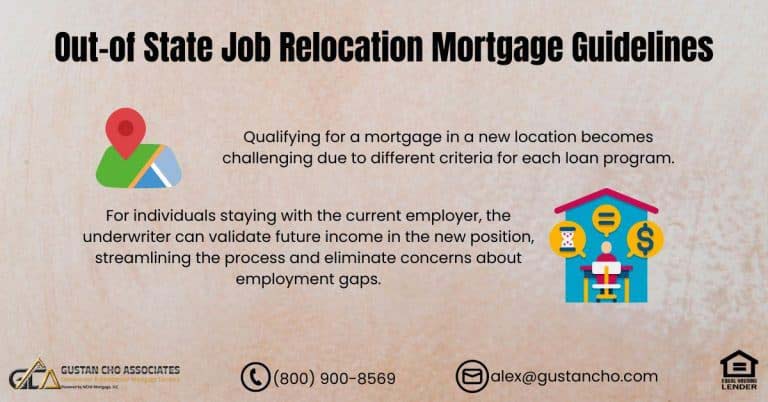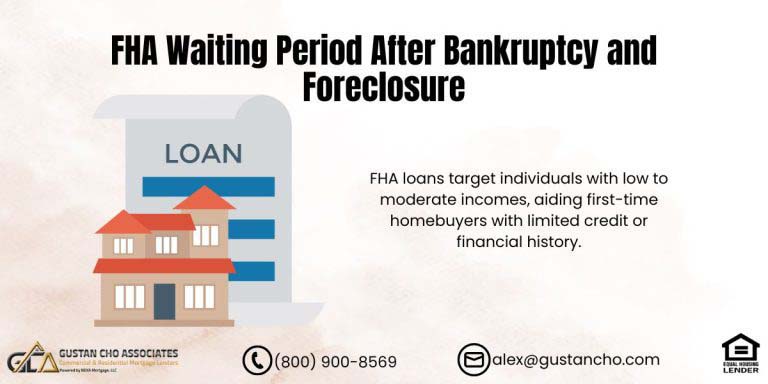This Article Is About Homeowners Who Bailed On Mortgage During Mortgage Collapse
Residential home sales have been steadily increased and so have real estate prices. Investor demand has been increasing more so this year than in the past several years and so has consumer confidence in the housing market. Many previous homeowners who have walked away from their mortgage loans due to the real estate and credit collapse are returning back to the housing market.
The best way to explain bailing home mortgage is by a case study example.
- Say homeowners own a home that is underwater
- Underwater in mortgage terms means that mortgage is worth more than the value of the home
- Let’s say that the homeowner does not want to keep the current home that is underwater
The homeowner is thinking of the following:
- foreclosing
- deed in lieu
- short sale
However, the homeowner does not want to wait three or more years to purchase a new home:
- So what homeowner does is purchase a new home and tell mortgage lender that they intend on moving to a new home purchase and rent out an existing home that is underwater
- Once they close and move into the new home, the homeowner then bails on the exiting home
- The homeowner then lets it go into foreclosure
- This is a classic example of bailing home mortgage
- Bailing can be a practice of mortgage fraud
- Bailing is not always illegal
Justifying Bailing
Many homeowners justify bailing home mortgages because of the economy.
- They feel that they are victims of the real estate market and credit collapse of 2008
- They often realize that foreclosure and bankruptcy rates soared and their homes plummeting in value justifies them bailing home mortgage
- Extenuating circumstances such as having a loss of a job, medical issues, and loss of business does justify bailing on upside mortgage only if homeowners can no longer afford it
- However, if the home is upside down where the market value of the home is lower than the mortgage balance and homeowners cannot sell the home since they have no equity, bailing home mortgage is allowed and is not considered mortgage fraud
Homeowners should contact their current lenders and see if they can do the following:
- Loan modification
- Deed in lieu of foreclosure
- Short Sale
- Foreclosure
Refinancing And Bailing Home Mortgage
Another common practice of bailing is when a homeowner refinances their home out of their name into the name of their spouse on a home that is underwater.
- The Home Affordable Refinance Program, also known as a HARP loan, is a government loan program
- HARP enables a homeowner who owns a home that the market value is lower than the balance of their mortgage loan
- This program will allow a homeowner that is underwater with their current mortgage loan refinance their mortgage loan
- But the homeowner will most likely be stuck with the home for many years ahead until the market value goes back up
- By refinancing their current mortgage loan just under one spouse’s name and not the other spouse
- It will enable the spouse not on the loan to qualify for a mortgage loan if the underwater mortgaged home loan goes into foreclosure without having a waiting period
- This is a classic example of bailing
- Bailing can be considered mortgage fraud
Those Who Bailed On Mortgage Loans Are Coming Back With Damaged Credit
Those who have bailed on mortgage loans, whether they bailed on mortgage loans due to a loss of a job, loss of business, divorce, or because they were so upside down on their mortgage loans, are coming back strong back to the housing market with damaged credit. Almost eighty percent of those homeowners who bailed on mortgage loans expressed interest in buying a home now or within the next year according to Moody’s analytics research poll. The study also shows that the eligible potential home purchasers who had a prior foreclosure will reach 2.5 million by the beginning of 2019 first quarter.
Financial, Real Estate, And Credit Collapse Of 2008 And Those Who Bailed On Mortgage Loans
Nobody intends in bailing on their mortgage loans. Reason folks bailed on mortgage loans were due to plummeting housing values. Many had mortgage loan programs that had teaser rates. After the teaser rate period expired, homeowners saw their monthly mortgage payments spike up as much as double their original mortgage payments. Some homeowners have fought tooth and nails to save their homes. Even though the value of their homes was much less than the amount they owed on the mortgage loans they tried to make their payments but to no avail. They realized that the chances were not good in seeing the likelihood of seeing their lost equity back again for many years to come. They saw being bailed on a mortgage loan as being morally reprehensible. Others who had a stable income and who could have afforded to pay on their mortgage loans. They saw that bailing on their mortgage loans was the most sensible business decision they could make. They took the risk of hurting their credit and taking their chances of rebuilding and re-establishing their credit on buying a home at a later date.
Home Ownership In America
Homeownership in the United States has fallen from a high of 69.2% back in 2004 to a low of 65.2% at the beginning of 2013 according to data from the United States Census Bureau. Americans still believe in the American Dream of owning their own home and homeownership. A recent poll by U.S. Today about homeownership states that over 72% of Americans still have the belief that homeownership is part of the American Dream. Recent FHA and Fannie Mae Guidelines make homeownership possible for those who have had a prior bankruptcy, foreclosure, deed in lieu of foreclosure, and short sale as well as prior bad credit. A home buyer can now qualify for an FHA mortgage loan with a credit score of 500. For those with credit scores between 500 and 579, a 10% down payment is required. For those homebuyers who have limited funds to apply towards their down payment, a credit score of 580 or higher is required. I specialize in bad credit mortgage loans and can qualify home mortgage loan borrowers with prior bad credit, open collections, judgments, tax liens, and recent late payments. Gustan Cho Associates is a national five-star lender with no overlays. We are experts on VA and FHA manual underwrites.
As Long As Borrower Has Documented Income, They Can Qualify For Mortgage: Even With Low Credit Score
Homeownership is possible for anyone who has a job or documented stable income. Borrowers have had prior credit issues and a low credit score but have a stable job, I can get you qualified for a mortgage loan. Over 50% of my business is handling mortgage loan applications where the mortgage loan borrower has gotten rejected by a bank or mortgage banker. As long as you meet federal guidelines such as passing the necessary waiting period after a bankruptcy or foreclosure and are current on all of the government loans such as student loans, I can get borrowers qualified for a mortgage loan. I work with many bankers and other mortgage bankers who have clients that have open collections and/or late payments after a bankruptcy or foreclosure where their mortgage company cannot qualify the mortgage loan client. They refer those borrowers to me and most of the time, I get them approved and closed in 30 days or less.
FHA Back To Work Extenuating Circumstances Due To An Economic Event
The HUD FHA Back To Work Extenuating Circumstances mortgage program has been discontinued. However, we are leaving this article live for archival purposes. NON-QM Loans are mortgage loan programs that do not require any waiting period after the following:
- Bankruptcy
- Foreclosure
- Deed In Lieu Of Foreclosure
- Short Sale
HUD’s new Back to Work Extenuating Circumstances FHA mortgage loan program which is no longer available today allowed a minimum of a one-year waiting period after a mortgage loan borrower has been discharged from bankruptcy or had a foreclosure.
There are specific guidelines for a mortgage loan borrower to qualify for this program which I will cover in other blogs but a bailed on mortgage loans will not apply here Borrowers must have been unemployed or had a reduction of at least a 20% reduction in household income for them to qualify Foreclosing on a home, deed in lieu of foreclosure, or short sale, because the property was underwater, does not qualify for HUD’s Back to Work Extenuating Circumstances FHA mortgage loan programs The Back to Work Extenuation mortgage program turned out to be a major disaster One of the worst loan programs launched by HUD that affected many borrowers Lenders were cluelessly originating and processing the FHA Back to Work Mortgage Program Lenders do not view those who bailed on mortgages favourably. Today, Gustan Cho Associates offers non-QM mortgages one day out of bankruptcy and foreclosure with a 30% down payment.
Related> Waiting Period After Bankruptcy And Foreclosure
Related> Waiting Period To Qualify For Home Loan After Foreclosure










